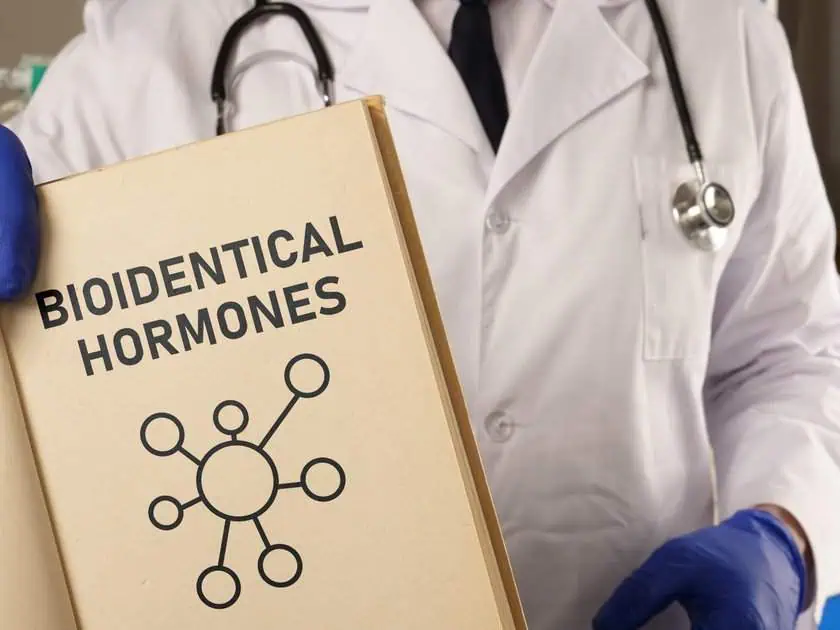In recent years, the medical world has witnessed a significant shift in its approach to treating various ailments, and medical cannabis has emerged as a promising contender in this new wave of therapies.
This article will discuss how medical cannabis works, its potential health benefits, and its application in the field of medicine. We will explore the key components of medical cannabis, their interactions with the body, and the conditions it can help treat.
The Basics of Medical Cannabis
The Cannabis sativa or Cannabis indica plant is the source of medical cannabis. Its intentional usage for therapeutic or medicinal purposes distinguishes it from cannabis used for recreational purposes.
The two primary active compounds in medical cannabis are delta-9-tetrahydrocannabinol (THC) and cannabidiol (CBD). These compounds are responsible for the plant’s therapeutic effects.
THC: The Psychoactive Component
THC is the compound in medical cannabis that is responsible for the “high” commonly associated with marijuana use. It achieves this by binding to the brain’s cannabinoid receptors, specifically the CB1 receptors. This interaction triggers a dopamine release, producing feelings of euphoria and relaxation.
CBD: The Non-Psychoactive Counterpart
On the other hand, CBD, while also interacting with cannabinoid receptors, does not produce the same psychoactive effects as THC. Instead, it has gained attention for its potential therapeutic properties, such as reducing pain and inflammation, alleviating anxiety, and even assisting in seizure management.
The Endocannabinoid System (ECS)
To understand how medical cannabis works medicinally, it’s crucial to familiarize yourself with the endocannabinoid system (ECS). This biological system is present in all vertebrates, including humans. It plays a vital role in maintaining balance within the body.
ECS Receptors
CB1 and CB2 receptors are the two main types of receptors that make up the ECS. Whereas CB2 receptors are in the immune cells and the peripheral neural system, CB1 receptors are in the central nervous system.
Endocannabinoids
The ECS produces its cannabinoids, known as endocannabinoids, which help regulate various physiological processes such as pain sensation, mood, appetite, and immune response. Anandamide and 2-arachidonoylglycerol (2-AG) are two well-studied endocannabinoids.
Cannabis And The ECS
Because medical cannabis contains both THC and CBD, it binds to CB1 and CB2 receptors to interact with the ECS. While CBD can interact with both receptors and frequently has therapeutic benefits, THC primarily affects CB1 receptors, resulting in altered feelings.
These interactions may affect how well the body controls pain, lowers inflammation, and preserves general homeostasis.
The Medical Applications of Medical Cannabis
Let’s examine the many medical uses of medical cannabis now that we know how it interacts with the body’s endogenous nervous system.
It is best to remember that medicinal cannabis should only be used under the supervision of a licensed healthcare provider, as its effects can differ based on the patient and the particular ailment being treated.
Pain Control
Pain relief is among the most well-known uses of medicinal cannabis. Medical cannabis contains cannabinoids that have the potential to reduce pain in several ways, such as neuropathic pain, chronic pain, and pain brought on by illnesses like arthritis. The anti-inflammatory qualities of CBD also aid in the reduction of pain.
Anxiety and Mood Disorders
Medical cannabis, particularly strains high in CBD, has shown promise in making fewer and fewer symptoms of anxiety and mood disorders like depression. It can help individuals experience a sense of relaxation and improved mood without the intoxicating effects of THC.
Epilepsy and Seizure Disorders
In recent years, medical cannabis has gained recognition for its potential in treating epilepsy and seizure disorders. Certain CBD-rich strains have been effective in reducing the number and severity of seizures, even in cases where traditional medications have failed.
Nausea and Vomitin
Patients undergoing chemotherapy usually have severe nausea and vomiting as side effects of their treatment. Medical cannabis, particularly strains with a balanced THC-to-CBD ratio, can provide relief from these debilitating symptoms and improve a patient’s overall quality of life.
Inflammatory circumstances
People with inflammatory diseases like Crohn’s disease, multiple sclerosis, and rheumatoid arthritis may benefit from medical cannabis’s anti-inflammatory qualities. It might aid in lowering inflammation and relieving related symptoms.
Disorders of Sleep
Sleep issues such as insomnia can also be effectively treated with medical cannabis. Certain strains can help induce relaxation and enhance the quality of sleep, especially those with a greater CBD concentration.
Qualifying Medical Conditions For Medical Cannabis in Utah
In the state of Utah, medical cannabis is legally accessible to individuals with specific qualifying medical conditions. The range of approved diagnoses for medical cannabis in Utah comprises, but may not be limited to the following:
- HIV/AIDS
- Alzheimer’s Disease
- Amyotrophic Lateral Sclerosis (ALS
- Autism
- Cancer
- Cachexia/Anorexia
- Crohn’s Disease
- Epilepsy or debilitating seizures
- Multiple Sclerosis (MS)
- Post-Traumatic Stress Disorder (PTSD)
- Rheumatoid Arthritis (RA)
- Terminal Illness (with a probable life expectancy of less than six months)
- Ulcerative Colitis
Determining Eligibility for Medical Cannabis
Medical cannabis can be a suitable option for individuals facing chronic or debilitating medical conditions that have shown limited response to conventional treatments.
Our Takeaway
With its wide spectrum of therapeutic benefits for a variety of illnesses, medicinal cannabis has enormous potential in the field of medicine. To fully utilize its medicinal effects, one must comprehend how it interacts with the endocannabinoid system, particularly through the actions of THC and CBD.
It is crucial to underscore that the use of medicinal cannabis must be supervised and guided by a licensed healthcare provider. The right dosage and strain choice can differ significantly based on a person’s unique requirements and medical background.
Consult With Our Experts Today!
Suppose you’re curious about the potential benefits of medical cannabis for your particular health concerns. In that case, we encourage you to consult with our experts at Hydr801 Infusion & Wellness.
We are committed to providing ideal guidance and care to help you explore the therapeutic possibilities of medical cannabis. Book an appointment with us today to take the first step towards healthy well-being.
We also have medical weight loss and medication refill program services to help you around.






